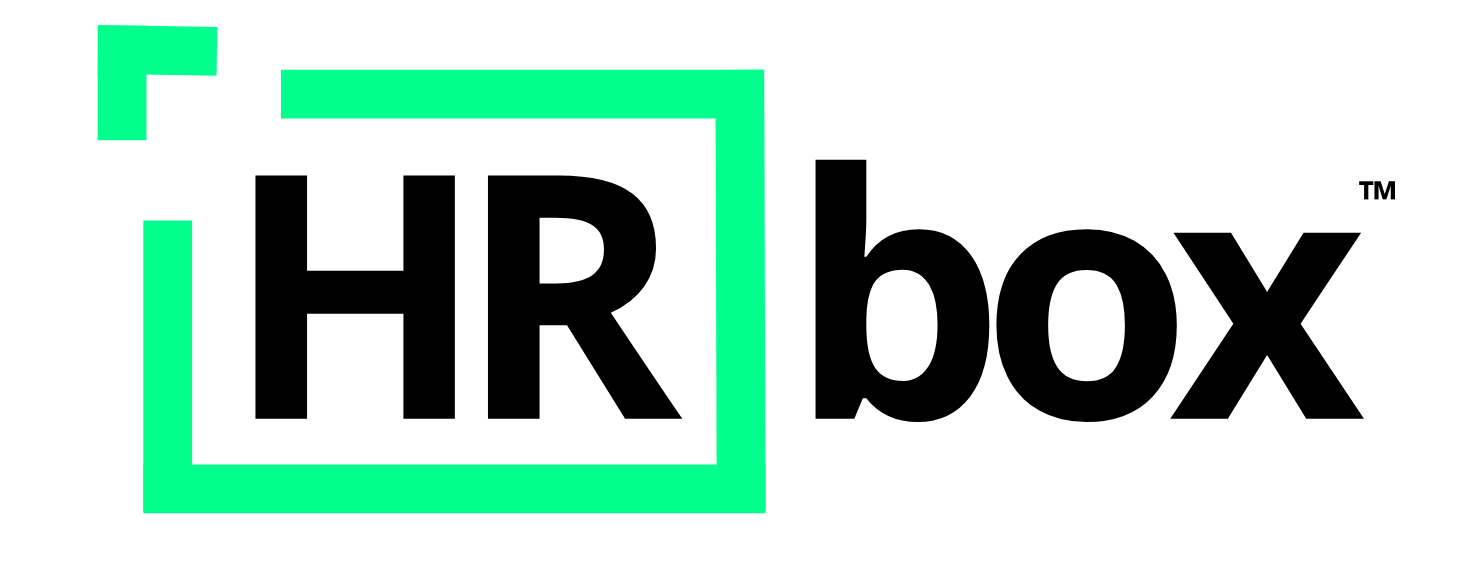Outsourcing the HR (Human Resources) department can have both advantages and disadvantages for businesses and employees, and whether it’s better or not depends on the specific circumstances of each organization. Here are some potential benefits of outsourcing HR and how they can be beneficial for both businesses and employees.
Benefits for Businesses:
Cost Savings:
Outsourcing HR can often be more cost-effective than maintaining an in-house HR department. Businesses can save on expenses related to salaries, benefits, office space, technology, and training for HR staff.
You will have additional funds that can be better positioned into business growth activities such as marketing and sales rather than on operational costs.
Expertise and Specialization:
HR outsourcing companies are typically staffed with professionals who specialize in various HR functions, such as payroll, benefits administration, recruitment, and compliance. This can provide access to a higher level of expertise than a small in-house HR team might offer.
Focus on Core Activities:
By outsourcing HR, businesses can redirect their internal resources and energy towards their core activities and business objectives. This can lead to increased efficiency and productivity in the areas that directly contribute to the company’s success.
Scalability:
Outsourced HR services can easily scale with the company’s growth or contraction. This flexibility is particularly beneficial for businesses that experience fluctuations in staffing needs.
Reduced Legal and Compliance Risks:
HR outsourcing companies are often well-versed in labour laws, regulations, and compliance requirements. They can help businesses navigate complex legal issues and minimize the risk of legal disputes.
Benefits for Employees:
Access to Specialised Services:
Employees can benefit from expertly managed HR services, including streamlined benefits administration, accurate payroll processing, and efficient issue resolution. This can enhance the overall employee experience.
Consistency:
HR outsourcing companies typically have standardized and proven processes and systems in place, which can lead to more consistent HR practices across the organisation. This consistency can help ensure that employees are treated fairly and equitably.
Efficient Issue Resolution:
With a dedicated team of HR professionals available, employees can have their concerns and issues addressed promptly and efficiently. This can lead to improved job satisfaction and a healthier work environment.
Focus on Strategic Initiatives:
When businesses outsource routine HR tasks, their internal HR staff (if they have any) can focus on more strategic initiatives, such as talent development, succession planning, and employee engagement programs. This can lead to better career growth opportunities for employees.
Reduced Bias and Conflict of Interest:
External HR professionals may be more objective in handling sensitive employee matters, as they are not directly involved in the day-to-day operations and relationships within the organization.
However, it’s important to note that outsourcing HR often comes with potential downsides or at least perceived downsides. These might include reduced control over certain processes, potential communication challenges, and the need to find a reliable and reputable outsourcing partner. Deciding whether to outsource the HR department or keep it in-house requires a thorough evaluation of the organization’s specific needs, goals, and resources.
RESOLVING THE DOWNSIDES:
Resolving the Down-sides:
It is important to address potential disadvantages to ensure a smooth transition and effective partnership with your outsourced service provider. Here are some processes to counter the disadvantages of using an outsourced HR service:
Loss of Control:
Countermeasure: Clearly Define Roles and Responsibilities
Define clear roles and responsibilities for both the internal team and the outsourced HR service provider. Establish communication channels and protocols to ensure that critical decisions and actions are made collaboratively. Regularly review and assess the partnership to ensure that both parties are aligned and that the business’s interests are being met.
By handing over the responsibility to experts, and a team of specialists within an expert consultancy you gain a level of professionalism, protection and growth opportunity beyond what any individuals can offer in the business. Once you let go to people with expertise you will feel empowered, rather than losing control.
Communication Challenges:
Countermeasure: Establish Effective Communication Channels
Set up regular communication channels, such as weekly or bi-weekly meetings, to discuss ongoing projects, challenges, and updates. Use various communication tools, including video conferencing, instant messaging, and project management platforms, to facilitate real-time communication between the internal team and the outsourced HR provider.
Use a well-designed HRIS system with templated emails and actions to ensure consistency and approved communications are distributed.
Keep your communications in line with an agreed people strategy and with your company values and mission.
Use professional HR consultants who are specialist in people communication to create a communications strategy, and to write your documents for you. Load the consistent communications into your HRIS system to avoid watering them down or losing sight of the company values and mission.
Data Security Concerns:
Countermeasure: Implement Robust Data Security Measures
Work closely with the outsourced HR provider to establish strict data security protocols. Ensure that the provider follows industry best practices for data protection, including encryption, secure storage, and regular security audits. Include clear contractual clauses related to data security and compliance in the service agreement.
Use strict permissions to control who sees what documentation and communications via a robust HRIS system.
Cultural Alignment:
Countermeasure: Foster Cross-Cultural Understanding
Promote cross-cultural understanding and collaboration between the internal team and the outsourced HR provider. Share information about the company’s culture, values, and expectations. Arrange periodic team-building activities or training sessions to bridge cultural gaps and build a cohesive partnership.
If you don’t have your company values worked through then ask your HR Consultant to manage the process for you. Only then can your people be expected to align as a collective.
Integration with Company Policies:
Countermeasure: Create Clear Integration Plans
Develop a comprehensive integration plan that outlines how the outsourced HR provider will align with the company’s policies, procedures, and values. Provide training and resources to ensure that the provider understands and follows company-specific practices. Regularly review and update the integration plan as needed.
Your company mission and values should be automated and self populating using your HRIS system to ensure your brand values and language is consistent.
Quality Control:
Countermeasure: Establish Performance Metrics
Define key performance indicators (KPIs) to measure the performance of the outsourced HR provider. These metrics could include response times, accuracy of payroll processing, employee satisfaction with HR services, and compliance with legal requirements. Conduct regular performance reviews and address any areas that need improvement.
Keep your actions and communications contained within your HRIS system to ensure all information is of the highest standard, compliant and consistent.
Loss of Employee Trust:
Countermeasure: Maintain Open Communication
Be transparent with employees about the decision to outsource HR services and the reasons behind it. Clearly communicate how the transition will affect them and address any concerns they may have. Maintain a feedback mechanism for employees to share their experiences with the outsourced HR services and make necessary adjustments based on feedback.
Allow your outsourced HR team to build relationships with your individual people and not just be there for hiring and firing. Your team must see the HR team as an extension of your business and part of their career growth. If your team see their consultant on site and their first reaction is ‘Someone must be getting fired today’, you are needing some work in this area.
Vendor Management:
Countermeasure: Dedicated Vendor Management Team
Assign a dedicated vendor management team or individual within the organization to oversee the relationship with the outsourced HR provider. This team can handle day-to-day coordination, issue escalation, performance monitoring, and continuous improvement initiatives.
Your HR Consultancy must also be able to provide reports on activity within your business for full transparency and communication.
By implementing these countermeasures, businesses can mitigate the potential disadvantages of using an outsourced HR service and create a partnership that is productive, collaborative, and aligned with the organisation’s goals and values. Your outsourced HR team needs to be as integrated into your business as a full time employee. In a remote working environment this is more viable than ever.


Recent Comments